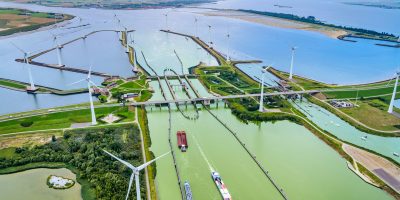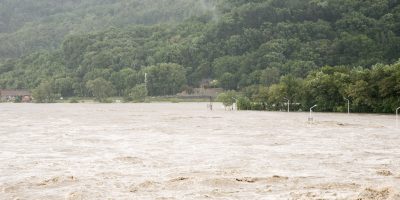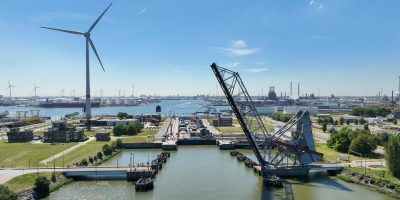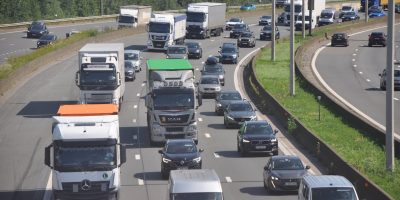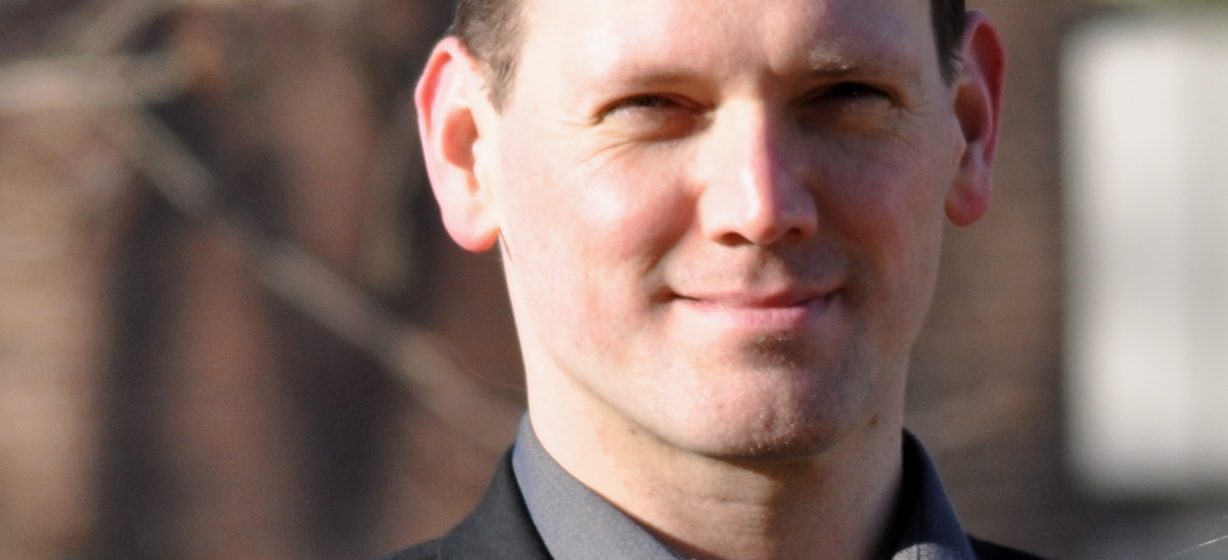
Edwin Verberght, policy officer at CITBO (Corporation Inland Tanker Barge Owners), comes from a family of skippers. Now he is mostly active ashore. He gets energy from contact with entrepreneurs, crew members and those in education.
We are in a transition period between the old regulations and the new European directive for professional qualifications in inland navigation. How do you experience that?
Edwin Verberght (EV): “We will not win any beauty prizes with the new European directive for professional qualifications in inland navigation. It remains a compromise between different countries with different visions. The Rhine countries wanted to go much stricter and other countries, such as Finland, preferred not to have anything to do with it. Your training will be more difficult and it will eventually take you longer, but you will be able to sail anywhere in Europe with a diploma recognised throughout Europe. If you want job security, you should be in inland navigation. There is a lot of work, wages are good and you can work within interesting regimes.”
Will anything change for those already in work?
EV: “At the moment, nothing at all. As a skipper, for instance, you will have to take into account a 10-year transition period. From 18 January 2032, a barge master will have to contact his government and apply for his European certificate. The procedures are all being initiated now. The big difference is that there is less medical examination now than within the new regime. In any case, people who already have their papers should not worry.”
Apparently, the implementation of the new European directive works at different speeds per country?
EV: “The Netherlands has already requested up to two postponements to implement the new directive. Together with Germany, it is one of the largest inland navigation countries in Europe with the largest fleet. The Rhine region accounts for 80 per cent of the European inland navigation market. If these two countries get behind the new regulations, the rest of Europe will follow. It’s a very slow policy process and you can see a lot of things going on now that clearly haven’t been given much thought in Brussels.”
There is still a lot of work to do to get young people excited about a job in inland navigation. The Netherlands is winning a lot of awards with its new training vessel, the ‘Ab Initio’. How are we doing?
EV: “Our training ship is a problem, because it is too old, and we don’t really have a decent simulator any more. We keep one simulator working with parts from another. Not an ideal situation. As for our training ship the ‘Themis II’, the drydock and survey is coming up. I am curious whether the ship will still meet the current standards.”
“With the ‘Ab Initio’, the Netherlands has commissioned a splendid training ship. The big difference with Flanders is that the Netherlands is putting very little public money into that ship. They appointed a project manager and started seeking money from funds, industry, the city of Rotterdam, Europe, to raise the eight million euros to build the training ship. Similarly, each cabin has a sponsor and discounts were agreed with suppliers. Everyone has an interest in a state-of-the-art training ship to make the profession attractive and to attract people to inland navigation.”
Who will have to pull such a project?
EV: “You will have to put out a vacancy for that. That would be an ideal assignment for an engineer who can fully supervise the project. Someone with the necessary people skills to pull others into the project and to raise the necessary money.”
Do you see it eventually evolving to a situation where all ships are remotely controlled?
EV: “I don’t think so. There will still be people who want to brave the rivers and experience the feeling of freedom. The feeling of piloting a 130-metre-long ship is very special. Companies like Seafar will become more and more important and we should be very proud of that. It is very important that we give students a taste of innovation by bringing them into contact with companies like Seafar, for example. A lot of entrepreneurs in inland navigation are short of personnel and they see a solution in remotely piloting the inland vessels. In terms of safety too, there is a lot that plays in Seafar’s favour. Inland navigation and the legislature are completely on board with that story. Flanders really is a playground for this kind of experimentation. Steps are also being taken in the Netherlands and on the Rhine.”
Perhaps a final word on the greening of inland navigation …
EV: “We need to get our shippers on board in the whole discussion around greening. You can charge your gasoil to your shipper as an inland skipper, but there is no discussion about charging for shore power or Adblue. An inland skipper then soon runs his generator anyway instead of hooking up his ship to shore power.”
“If we want to implement a real modal shift, we have to stop ‘greenwashing’ (pretending to be greening, ed.). A lot of entrepreneurs are struggling with costs, while at the same time having to look at future zero emissions. Are our shippers willing to put butter to the fish? To innovate further, we have to have our customers, the shippers, with us. The government, the regulators are also very important in this story, but they are on the right track.”

